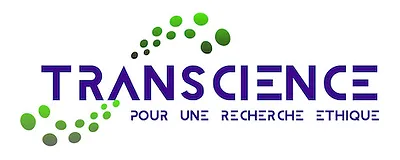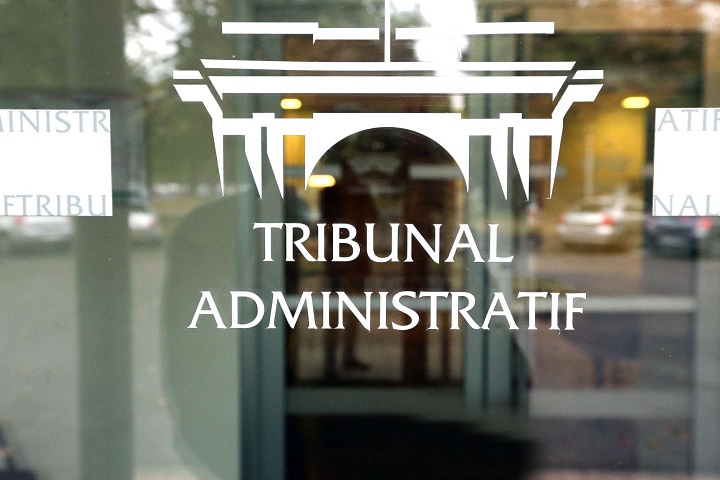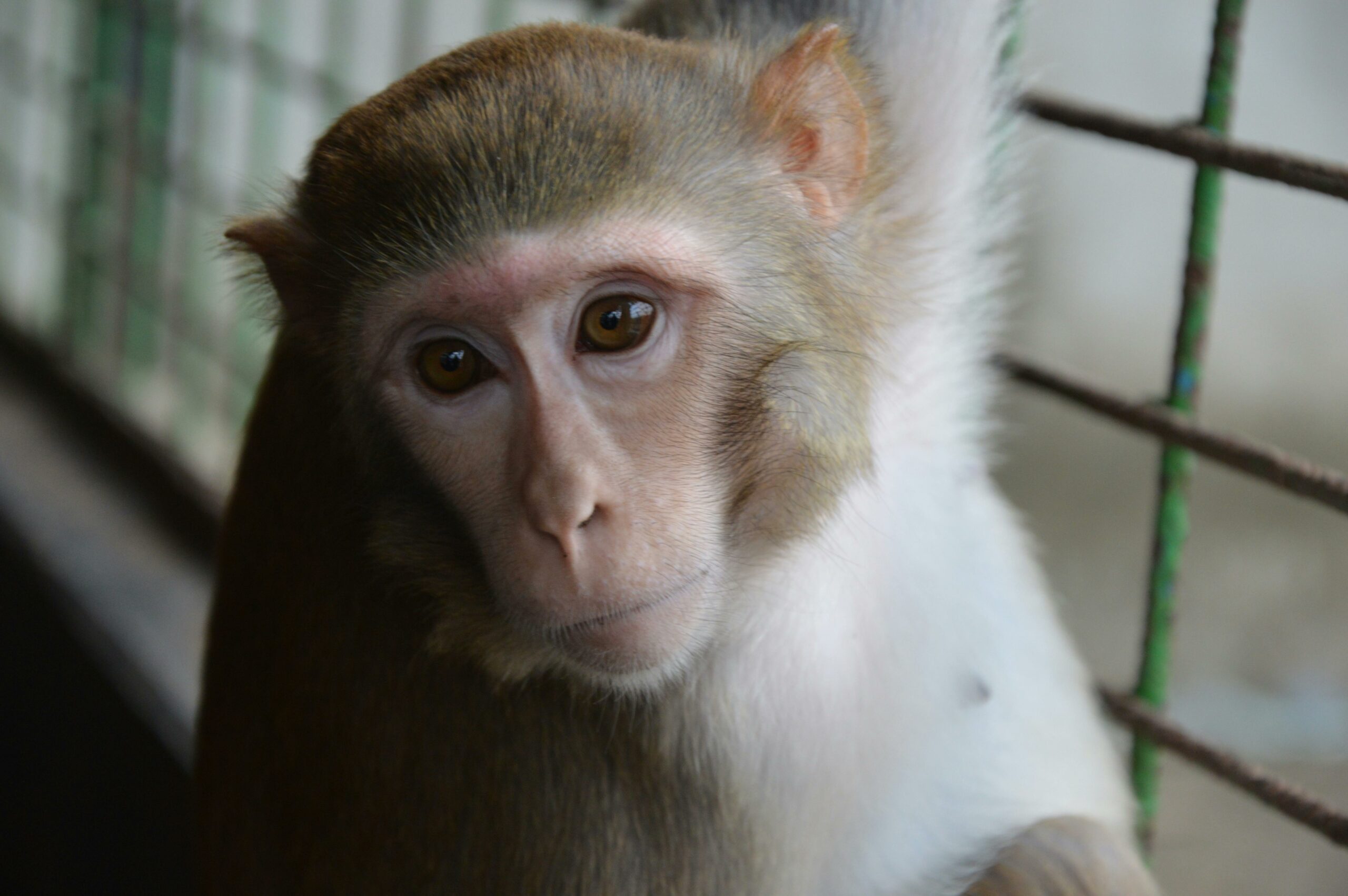Since 2013: inaction and “laissez-faire”
In France, two ministries are directly involved in the use of animals for scientific purposes: the Ministry of Higher Education and Research (MESR) and the Ministry of Agriculture and Food Sovereignty (MASA). The former is responsible for issuing authorizations for research projects, and the latter for inspecting user establishments and training staff.
Their lax application of regulations is matched only by their lack of transparency regarding animal experimentation activities.
Numerous malfunctions and irregularities have come to light over the last few years, thanks to the vigilance and tenacity of a number of NGOs who, faced with the deafening silence of the authorities in response to their requests for information or regularization, have been forced to appeal to the administrative courts.
In most cases, the court rules in favor of NGOs.
Considering the provisions of European Directive 2010/63/EU on protection of animals used for scientific purposes, a number of measures should have been taken as early as 2013 (the year in which the directive was transposed into French law) to ensure effective and compliant implementation of the new regulations, as well as their monitoring and the application of dissuasive penalties in the event of non-compliance.
This was not the case.
The situation is particularly edifying when it comes to evaluation of research or education projects using animals.
While a number of provisions have been included in the decree of February 2013 “on the ethical assessment and authorisation of projects using animals in experimental procedures” and in articles R 214-117 to 121 of the French Rural and Maritime Fishing Code – which endeavor to transcribe the will of the European legislator – in practice, projects are still assessed in the same way as before 2013.
The procedure has changed, but the way it works remains the same.
Of course, since 2013, projects using animals have had to obtain an administrative authorization issued by the MESR, which can only be issued if the project has received a favorable opinion from an Animal Experimentation Ethics Committee (CEEA) beforehand.
But most CEEAs already existed well before 2013. They were not created on the initiative of the public authorities, but rather on the initiative of user establishments, with some research teams wishing to take into account good practice rules.
From 2013 onwards, a serious “overhaul” of the system was needed, but it didn’t happen.
Even though these committees have been delegated responsibility by the State, they remain – as before – without legal status. No operating rules have been laid down for them by the public authorities (internal regulations – where they exist – have been drawn up by the user establishments themselves). The composition of the committees remains the same as before 2013, and the representation of those involved in animal experimentation is still very much in the majority, while there is no obligation to include experts in non-animal methods (to apply the principle of Replacement) or other skills necessary for an assessment in line with regulations.
As for the absence of any conflict of interest on the part of members, this is by no means guaranteed. The (at least) annual audits required by the regulations are not carried out by the MESR. Only 10 CEEAs were audited in 2019 (out of more than 120 in operation at that time and 87 today).
Administrative justice to the rescue of NGOs: rulings by the Paris Administrative Court and the Conseil d’Etat.
February 8, 2024: 10 rulings by the Paris Administrative Court in favor of the application of the protection of animals used for scientific purposes regulations.
The Paris Administrative Court ruled in favor of Transcience and against the MESR, and decided to revoke 10 project authorizations issued on the basis of the favorable opinion of CEEAs that had not been approved at the time the authorization was issued. MESR lodged an appeal against this decision, which was rejected by the Administrative Court of Appeal.
As soon as Transcience had confirmation that the CEEAs had never been approved by the MESR – although they should have been in 2013 – the Ministry rushed to approve most of the committees (87). For de facto, the non-approval of CEEAs rendered illegal all the project authorizations it had issued since 2013 (some 22,000).
The procedure approval process was very rapid, so Transcience asked the MESR to send us some thirty files to ensure that the conditions required by regulations were indeed met. It turned out that – after verification – the MESR had issued the approvals on the basis of incomplete files containing disparate and mostly obsolete documents. Transcience therefore asked the MESR to revoke these approvals and, in the face of the latter’s implicit refusal, applied to the administrative court for their revocation.
June 26, 2025: 18 rulings by the Paris Administrative Court in favor of compliance with regulations on protection of animals used for scientific purposes.
The Paris Administrative Court has – once again – ruled in favor of Transcience against the MESR, cancelling 18 approvals issued to CEEAs in 2022.
To consult the decisions of the Paris Administrative Court: click here
The Ministry can still appeal against this decision. However, under administrative law, this is not suspensive.
What are the consequences of these rulings?
The fact that these 18 committees are no longer approved since the date of publication of the ruling means that they can no longer issue opinions on projects submitted to them by researchers until they have obtained new approval. Without the opinion of the CEEAs, the MESR can no longer issue project authorizations to establishments attached to these committees. Otherwise, the authorizations issued by the Ministry would be de facto illegal (as they were between 2013 and 2022).
This time, before issuing new approvals to these 18 committees, MESR will have to ensure that it has all the required documents, and that these are up to date.
June 16, 2025: A historic decision by the Conseil d’Etat in favor of transparency.
We would like to congratulate the president of the OXA association (Observatoire de l’Expérimentation Animale) for his tireless efforts over several years to obtain inspection reports on establishments using animals for scientific purposes from the Directions Départementales de Protection des Populations (DDPP) – which report to the Prefects.
Faced with the refusal of these DDPPs, he had to appeal to the administrative courts, most of which ruled in his favor. In this way, he was able to obtain hundreds of reports revealing numerous non-conformities of various kinds and importance (minor, medium or major).
The case of the Bouches du Rhône Prefecture.
The Marseilles Administrative Court had ruled in favor of disclosing the inspection reports of establishments using animals for scientific purposes in the Bouches du Rhône. This decision greatly displeased the Prefect, and the Ministry of Agriculture and Food Sovereignty lodged an appeal with the Conseil d’Etat against the administrative court’s ruling.
Bad idea!
In a decision handed down on June 16 (no. 493820), the Conseil d’Etat confirmed that inspection reports could be disclosed (subject to confidentiality restrictions and information that would enable the inspected establishments to be identified).
This decision is particularly important as it will set a precedent.
DDPPs will no longer be able to refuse anyone access to inspection reports, and within these reports, information that will enable “the extent to which animal protection rules are respected and their application verified” must remain intelligible.




